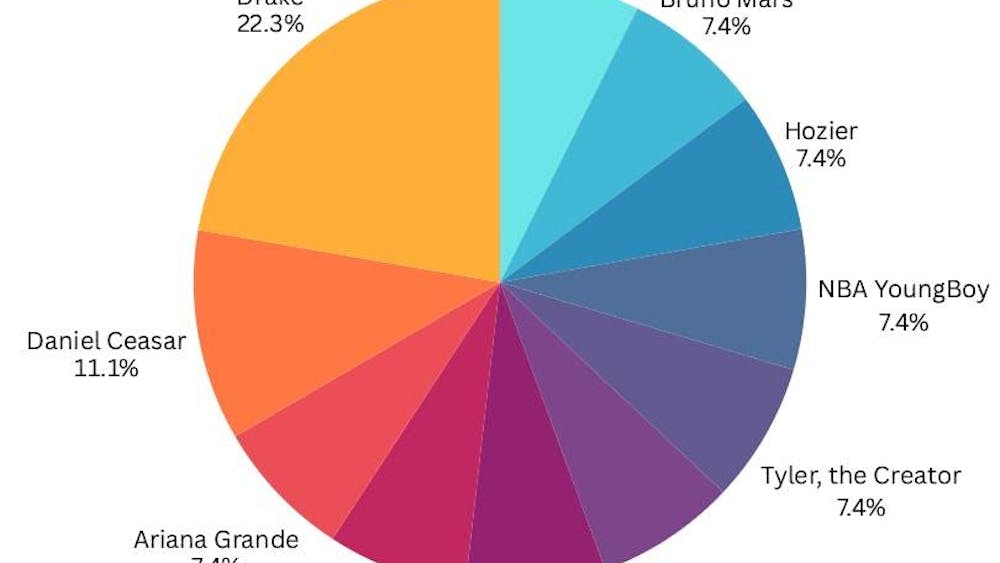There is beauty in the academic struggle. The long-term reward of short-term diligence completely justifies the scholastic grind. However, this paradox can wear down even the strongest of students, so here is a list of elements that have helped me bounce back and maintain academically.
1. Reflection: This element is what creates opportunities for growth and self-improvement. Using reflective practices brings the past under an analytical light that illuminates both strengths and weaknesses. Reflection can expose nagging notifications, hunger pains or body stiffness as the culprits for a consistently distracting study session. The rate of reflection is a personal choice ranging from the first thing done every morning to the last task at the end of each month.
2. Habits: After adequate reflection, comes the actions that support or hinder efforts for improvement. Habits function similarly like a safety net when the desire to push forward wanes. This concept is what taps into the muscle memory that wakes you up to cook breakfast before early departure to class or what keeps you regularly late with an empty stomach. A habit can create the foundation of knowledge necessary to ace a test or the very reason that you are cramming hours before a 9:30 class.
3. Relationships: The relevance of relationships for academic resilience could expand into its own article. The types of academic relationships serve as a support system during moments of distraction. When you are not disciplined enough to prepare for an assignment ahead of time, having that classmate or friend that you are accountable to helps to unleash your productive potential. Even keeping an open and honest relationship with your professor buffers your grade during instants of difficult personal circumstances and mismanaged responsibilities.
4. Balance: Our bodies need a balanced dosage of work and play, stress and relaxation, donuts and salads. Since we are all bipedal, we know that leaning too far to the left or right will result in you falling down. It is the same insight that can guide reflection, habits and relationships. It’s easy to initially dedicate many hours to studying a day after you’ve tanked a quiz, but how sustainable is that practice after several weeks? A daily study habit might serve your academic goals better than jumping into lengthy sessions that fatigue your mind and body after a few days. Having an extensive availability exploited by a new job, can result in the sacrifice of much needed homework and study time. A balance of the elements is what will give you the resilience to finish strong for graduation.









